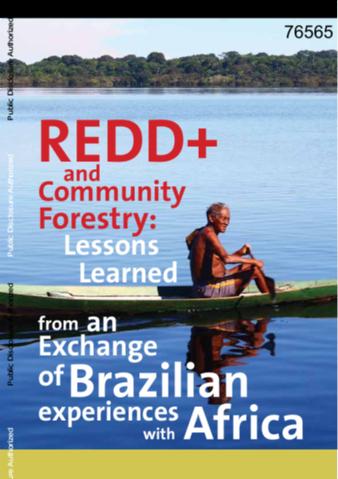Environmental Crisis or Sustainable Development Opportunity? Transforming the Charcoal Sector in Tanzania : A Policy Note
The policy note builds on experience
from both Tanzania and other Sub-Saharan African countries
with similar socioeconomic and environmental contexts. This
policy note puts forward and discusses a range of policy
measures along the entire charcoal value chain in Tanzania.
The development of this policy note benefited from a variety
of recent studies on charcoal utilization and trade
conducted in the country. This policy note is structured as


